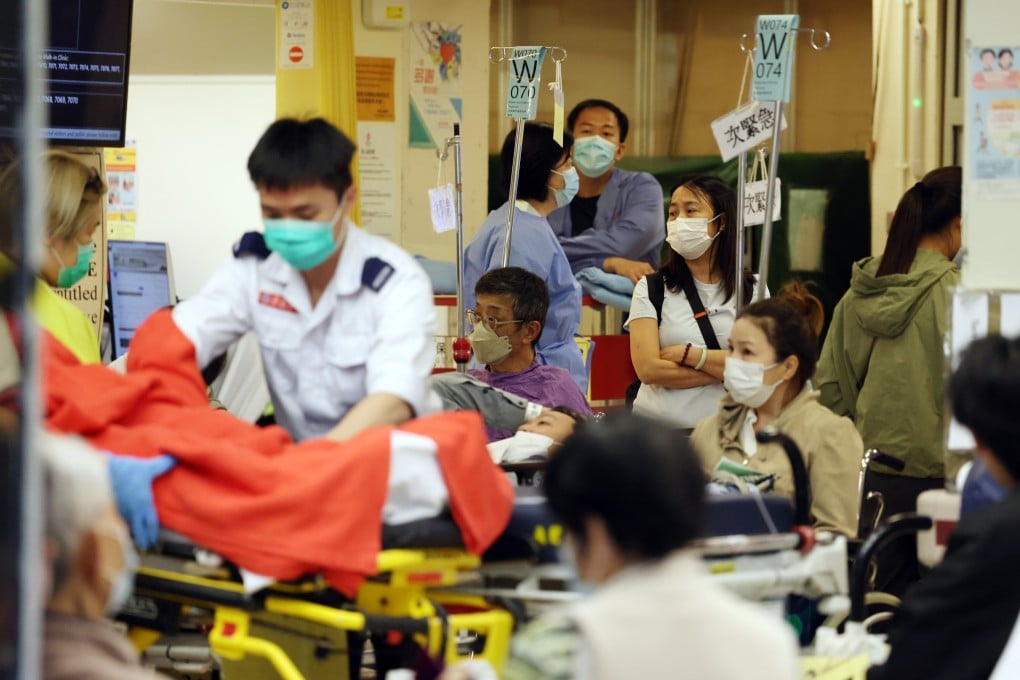Letters | Why not let Hongkongers pay medical fees with MPF, like in Singapore?
Readers discuss ways to alleviate the fiscal healthcare burden, the impact of the fee revision on low-income families, and the Chinese term for primary healthcare

Such a move is prudent as our public hospitals are heavily subsidised. If the subsidies are not financially sustainable, medical service provision will be affected. But apart from adjusting medical fees, Hong Kong must also explore other avenues to alleviate the fiscal burden.
Picture yourself in this situation. If there are not enough clinics providing services at night, patients will go to the regional hospital almost immediately, increasing the A&E’s workload. If enough round-the-clock service was provided at the district level, it would reduce A&E workload at the hospitals, which could focus on handling the truly serious cases. The clinics could decide whether patients needed to be sent to the hospital.